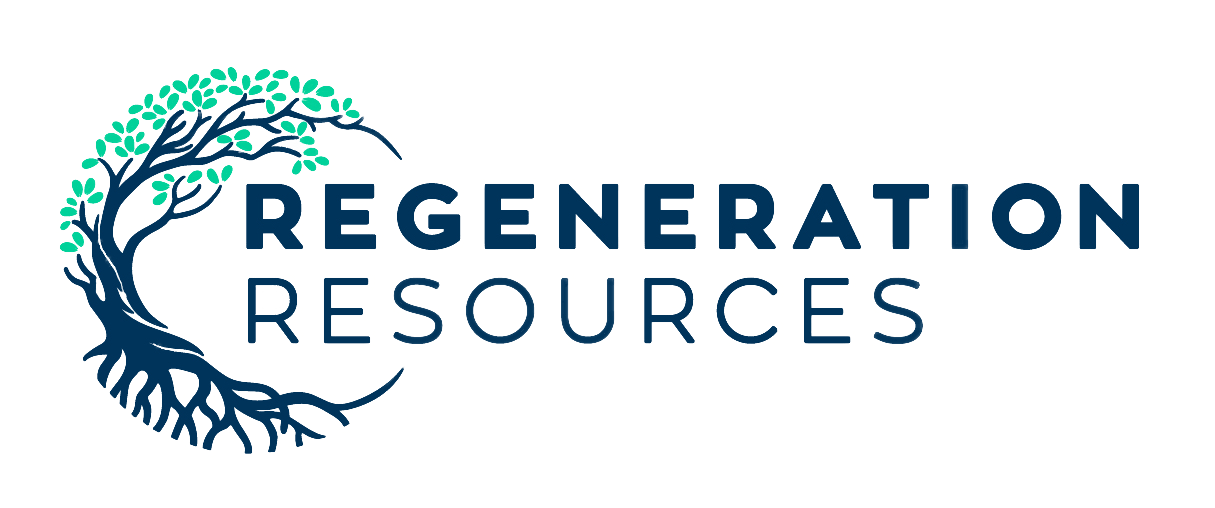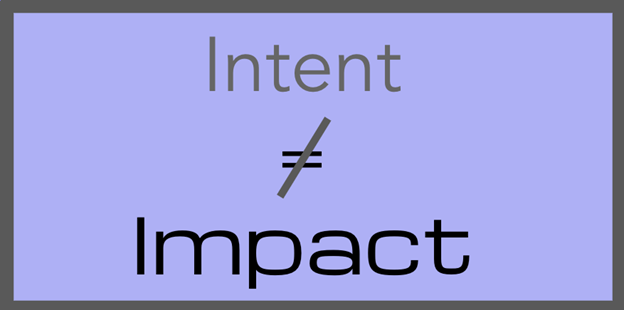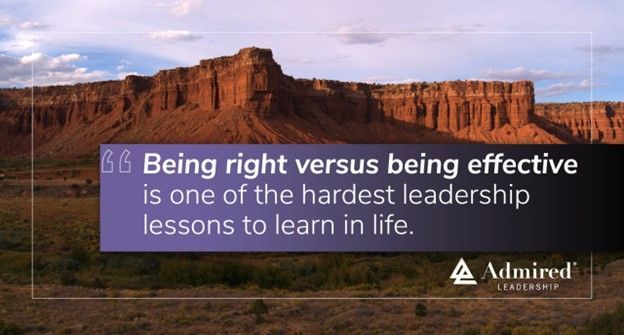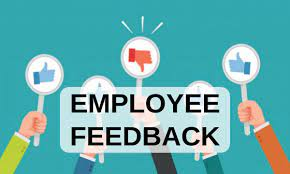20 Tools Mediators Use to Solve Problems
How Mediators Help Parties in Problem Solving

Many people informally “mediate” disputes. They are looking to increase their toolbox of mediation skills. In general, mediators support the people, lead the process, and help the parties solve the problems. In this blog, I have twenty specific tools mediators use to help the parties solve the problem.
1. Coaching them in private meetings—it is easier to ask hard questions in one-on-one sessions with clients.
2. Expanding the pie-- (i.e., rather than solely focus on money, add timing of payments, type of payments, and other considerations).
3. Brainstorming Options—this is a simple process tool that should not be forgotten.
4. Agreements in Principle—high-level agreements pave the way for more detailed agreements. If the parties agree to anything in principle, naming it for the parties helps them keep the momentum.
5. Testing for Agreements—if the mediator thinks the parties agree on something, he/she should ask them to verify the agreement.
6. Homework or the use of outside experts—when something in the mediation session is not known, assigning homework or finding a neutral expert to get the answer are good next steps.
7. Reality Testing—If an agreement doesn’t seem like it will work to the mediator, he/she should explore it directly. The mediator might say, “This proposal seems similar to the one you tried a few months ago and did not work. What do you think will be different this time?”
8. Exploring the Best Alternative To a Negotiated Agreement (BATNA)—If the parties think the alternative to a negotiated agreement is good, they won’t be very invested in the negotiation. If the alternative is poor, they may agree to something that is not optimal. Exploring this with parties is a strategy to build more buy-in and strengthen agreements
9. Chunk problems down into smaller problems—Most complex problems are solved in small steps. Taking too big of a step often leads to frustration and failure. Therefore, a key mediation tool is to identify the next small step for the parties to take.
10. Develop an objective standard—For example, in a divorce mediation, “The best interests of the children” may be an objective standard the parties can agree to.
11. Prioritize issues—If there are many issues on the table, prioritizing them can help the parties get started.
12. Set something aside -- Agreeing to come back to something later can help keep the parties focused now.
13. Invite the parties to develop a proposal—it is always easier to discuss what won’t work than what could work. Having parties propose what could work is inviting them to come up with solutions.
14. Point out common ground – most conflicts center on where parties disagree. Identifying areas of agreement and common ground can lay the foundation for an agreement.
15. Gently explore assumptions—we all make meaning of our worlds. Exploring assumptions (without blame) helps disentangle facts from assumptions.
16. Keep a future focus –while mediators will need to know a bit about how the parties got stuck, solutions are always in the future. The past will not help solve the issue, and many attempts at mediation spend too much time talking about what happened as opposed to what’s next.
17. Tracking multiple issues—If there are multiple things going on, mediators much keep the parties focused on a few of them while tracking all of them.
18. Highlighting positive progress—remembering successes can help build hope.
19. Using time (“you are almost out of time”)—it is amazing how many times a “5-minute warning” can motivate someone to make a useful proposal.
20. Redefining terms (“what do you mean by the weekend?”)—Don’t assume terms have one meaning. Pushing the boundaries of what terms means can open the door to solutions.
Every few months I produce a free newsletter. No Spam. Unsubscribe anytime.
For a taste, view the archives
SUBSCRIBE
Thank you for contacting us. We promise not to Spam you and we'll get back to you as soon as possible.
Please try again later.
Blogs and vlogs are sorted by topic at the bottom of each service page
STRATEGIC PLANNING
CHANGE MANAGEMENT
CONFLICT MANAGEMENT
TEAM BUILDING
ASSESSMENTS
EXECUTIVE COACHING
IMPROVING EFFICIENCY
BOARD DEVELOPMENT
See the world as you want it to be and learn how to make it that way.
802-251-0048
Brattleboro, VT 05301
QUICK LINKS
SERVICES
SUBSCRIBE
Thank you for contacting us. We promise not to Spam you and we'll get back to you as soon as possible.
Please try again later.




